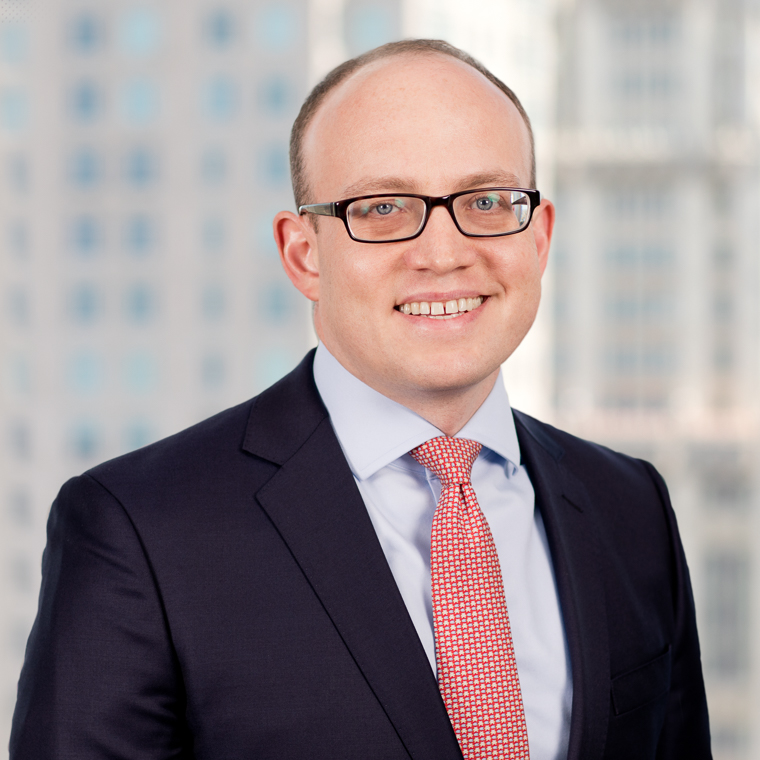On June 22, the Supreme Court held in Liu v. SEC that the SEC may obtain disgorgement in federal court cases, as long as the disgorgement does not exceed a wrongdoer’s “net profits and is awarded for victims.” The Court’s decision is a mixed bag for defendants, as it permits the SEC to seek disgorgement but limits what can be sought and the parties to whom disgorgement can be awarded. Much uncertainty (and therefore litigation) remains.
Key Takeaways
- The SEC has the authority to obtain disgorgement in cases litigated in federal court.
- Disgorgement awards must not exceed a defendant’s gains from the illegal activity, net of legitimate expenses.
- Disgorgement awards must be for (although not necessarily to) victims.
- The opinion leaves open important questions, including what to do when it is not feasible to return disgorged amounts to investors; how the obligation to pay disgorgement should be divided, if at all, among multiple defendants; and what should happen when returning net profits to a “victim” will cause a windfall.
I. Facts of Liu v. SEC
Charles Liu and Xin Wang operated an investment fund through which they raised almost $27 million from foreign investors who wanted to qualify for EB-5 visas. The funds were supposedly for building a cancer treatment center in California, but instead, Liu and Wang misappropriated the investors’ money for their own benefit and never began construction.
The SEC filed suit in federal court and prevailed against Liu and Wang at summary judgment. The court ordered Liu and Wang to disgorge roughly $26.7 million and imposed the maximum civil penalty authorized by statute.1 In calculating disgorgement, the district court rejected Liu and Wang’s argument that the total should reflect an offset for their legitimate business expenses. The court ordered that Liu and Wang were jointly-and-severally liable for the full amount of disgorgement.
The Ninth Circuit affirmed the lower court ruling. In their petition for certiorari, Liu and Wang argued that the SEC lacked statutory authority to seek disgorgement because it is a punitive rather than an equitable remedy. Alternatively, Liu and Wang argued that in calculating disgorgement, the lower court should have offset the amount that they raised through the offering by their legitimate business expenses, including monies they spent on lease payments and cancer-treatment equipment.
II. The Supreme Court Upholds the SEC’s Authority to Obtain Disgorgement in Civil Actions
In Liu, the Court held that disgorgement that does not exceed a wrongdoer’s net profits and is awarded to victims is equitable relief permissible under by 15 U.S.C. §78u(d)(5).2 The Court’s reliance on Section 78u(d)(5) was notable, as Congress enacted that provision in 2002 as part of the Sarbanes-Oxley Act, but the SEC has been recovering “disgorgement” since the early 1970s.
In vacating the Ninth Circuit’s decision, the Court held that Section 78u(d)(5) incorporated common law principles of equity, including the principle that while “it would be inequitable that [a wrongdoer] should make profit out of his own wrong,”3 at the same time “the wrongdoer should not be punished by ‘pay[ing] more than a fair compensation to the person wronged.’”4
The Court provided guidance on the scope of disgorgement that would be consistent with equitable principles:
- Section 78u(d)(5) remedies must benefit investors. In practice, the Commission “does not always return the entirety of disgorgement proceeds to investors, instead depositing a portion of its collections in a fund in the Treasury.”5 The Court questioned whether this practice can be reconciled with language in Section 78u(d)(5) that restricts equitable relief to that which “may be appropriate or necessary for the benefit of investors.”6 The Court further observed that “[t]he equitable nature of the profits remedy generally requires the SEC to return a defendant’s gains to wronged investors for their benefit.”7 The Court rejected the Government’s argument that depriving wrongdoers of ill-gotten gains benefits all investors, regardless where the disgorgement is remitted. While appearing to express skepticism on the question, the Court declined to resolve whether disgorged funds ever can be deposited with the Treasury consistent with limitations of Section 75u(d)(5), for example, when “it is infeasible to distribute the collected funds to investors.”8
- Joint-and-several liability may be inconsistent with equitable principles.9 Joint-and-several liability imposes the obligation to satisfy the full remedy on all parties judged liable, permitting a successful plaintiff to seek recourse for the full amount of damages from any of the defendants, regardless of the defendant’s relative fault. The Court noted that, although the common law permitted collective liability in some circumstances (for example, when partners engage in concerted wrongdoing), it may not be appropriate in every case under Section 78u(d)(5).10
- A court may not award disgorgement that exceeds the defendant’s gains and must deduct legitimate expenses. The Court questioned the familiar reasoning accepted by the district court that expenses should not be deducted from Liu and Wang’s disgorgement figure because the expenses were incurred “for the purposes of furthering an entirely fraudulent scheme.”11 The Court agreed with the trial court that “when the ‘entire profit of a business or undertaking’ results from the wrongdoing, a defendant may be denied ‘inequitable deductions.’”12 That exception, however, “requires ascertaining whether expenses are legitimate or are merely wrongful gains ‘under another name.’”13 With respect to the facts in Liu, the Court observed that, because some expenses from the scheme went toward lease payments and cancer-treatment equipment, “[s]uch items arguably have value independent of fueling a fraudulent scheme.”14
The Court remanded the case to the Ninth Circuit for that court to determine how these principles should be applied in Liu.
III. Implications of Liu and Unanswered Questions
The guideposts identified by the Court leave open a number of questions for future litigation:
- Are there any circumstances under which directing a disgorgement award to the Treasury is consistent with Section 75u(d)(5)? The Court specifically declined to answer this question, noting that, if such an order were entered on remand, the lower courts may evaluate whether the order would indeed be for the benefit of investors as required by Section 78u(d)(5) and consistent with equitable principles.
- In what circumstances will courts decide it would be punitive to impose joint-and-several liability? Liu and Wang were married, but other facts cited by the Court in support of their possible partnership might be more common among groups of potential SEC defendants: Wang held herself out as the president and a member of the management team of the entities to which Liu directed misappropriated funds, and neither produced evidence that he or she was a mere passive recipient of the misappropriated funds. As the Court acknowledged, there is a spectrum between “equally culpable co-defendants” and “remote, unrelated tipper-tippee arrangements.” Where one has to be on that spectrum in order to be held jointly-and-severally liable will be up for debate.
- How will lower courts decide which expenses are legitimate and therefore can be netted against profits in calculating a disgorgement award? Although the lower court did not net Liu and Wang’s expenses, other courts have previously applied net profit calculations to disgorgement awards. These decisions may prove instructive in determining which expenses will be considered legitimate such that they may be offset against profits in determining disgorgement. Among the types of expenses courts have considered legitimate are brokerage commissions, legal costs, fees paid to transfer agents,15 direct trading costs16 and prior restitutionary payments.17
- How will courts address situations where disgorgement would result in a windfall to a recipient? There may be circumstances in which an investor may be awarded more money through disgorgement than they would have realized absent the wrongdoing. The Court’s opinion does not address whether ordering such disgorgement would nevertheless be permissible.
The difficulty in answering these questions in particular cases may lead the SEC to forgo disgorgement entirely and instead seek the maximum penalty in both settled and litigated proceedings. Or the SEC may prefer its administrative forum over federal court—although, as Justice Thomas notes in his dissent, the disgorgement principles set forth in Liu may apply to those proceedings as well.18
WilmerHale will, of course, be monitoring these developments and our lawyers are available to answer any questions clients may have regarding the Liu opinion.






